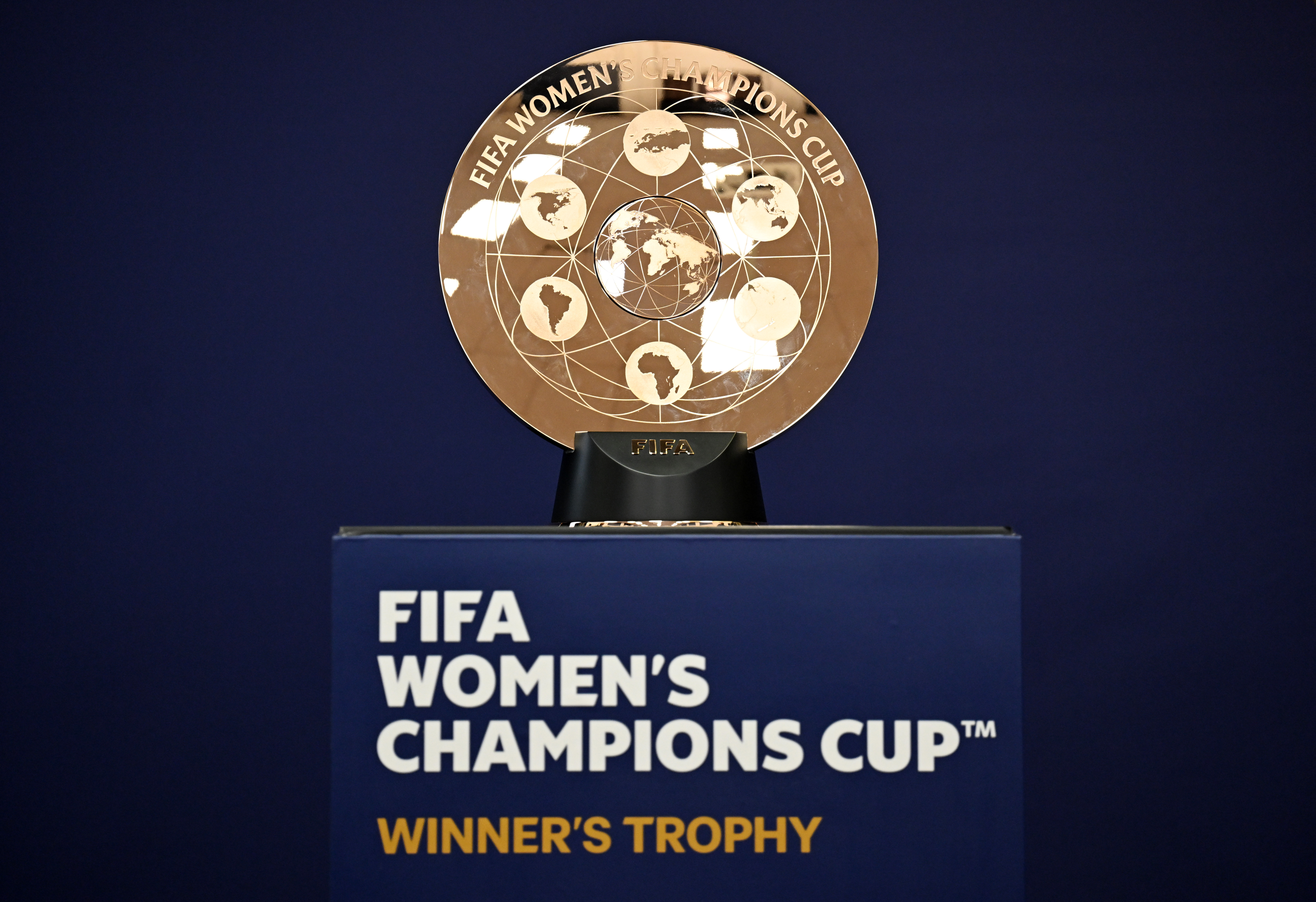‘Thankfully I was found, I’d taken an overdose, and they pumped my stomach. I survived.’ Clarke Carlisle on the career-threatening injury that drove him to attempt suicide
Former professional footballer Clarke Carlisle has been very vocal about the battles with his mental health he waged during his career
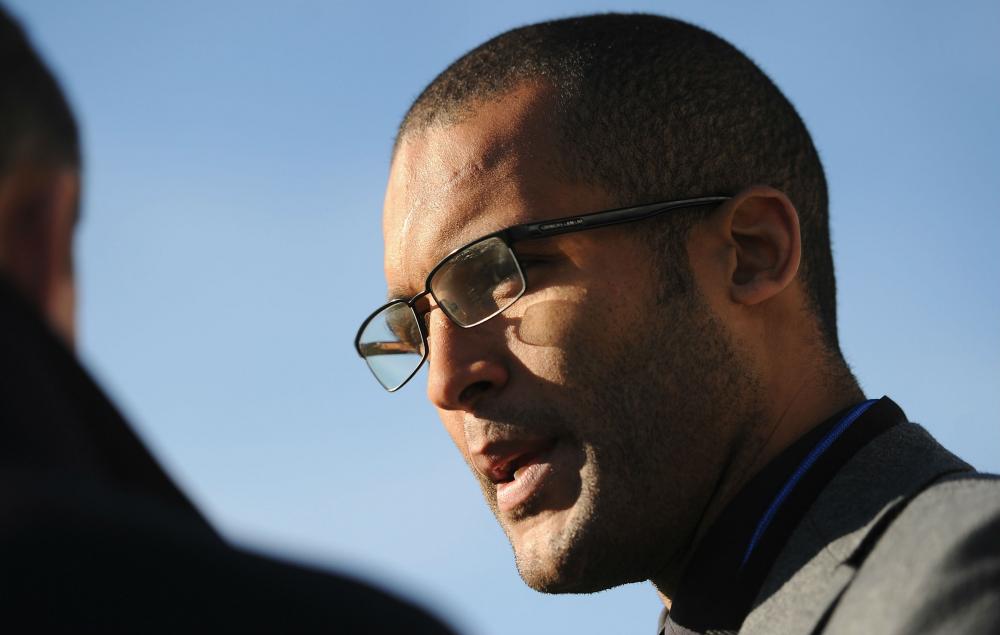
When Clarke Carlisle talks about the day everything changed, his voice softens.
It was supposed to be just another game in a blossoming career that had already taken him from Blackburn Rovers' youth academy, to Blackpool, to Championship outfi Queens Park Rangers.
It happened during a West London derby between Queens Park Rangers and Fulham on January 31, 2001. In one innocuous moment, his dream of playing at the top level were almost ripped away forever.
'The surgeon told me that I wouldn't play again. He told me I'd have to walk with a stick. It was horrendous for me.' Clarke Carlisle relives the diagnosis that changed his life forever
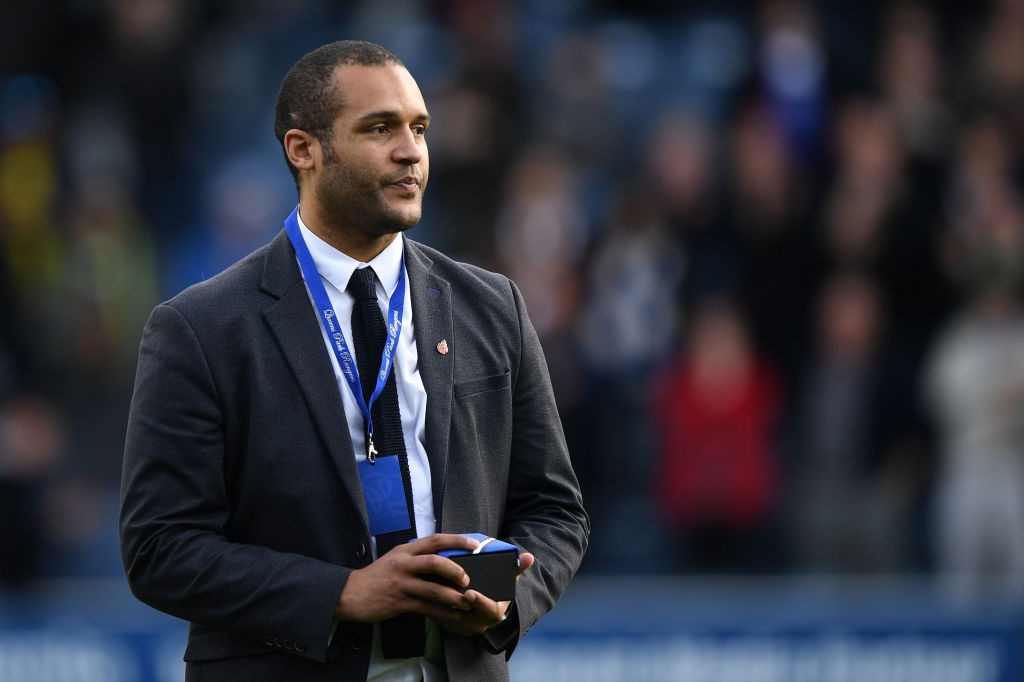
“I went into an innocuous tackle with Rufus Brevett and I snapped my ACL,” Carlisle tells FourFourTwo as a representative of the William Hill Sports Book of the Year Award, for which he is a judge again this year. “Comprehensive, I think, is what you could say. And that kept me out for just under two years.”
Just 21 years old at the time, Carlisle was flying. His talent had carried him from a council estate upbringing to England’s U21s and the cusp of the Premier League. Then came the sound no footballer ever wants to hear – the snap of a ligament. The diagnosis was brutal.
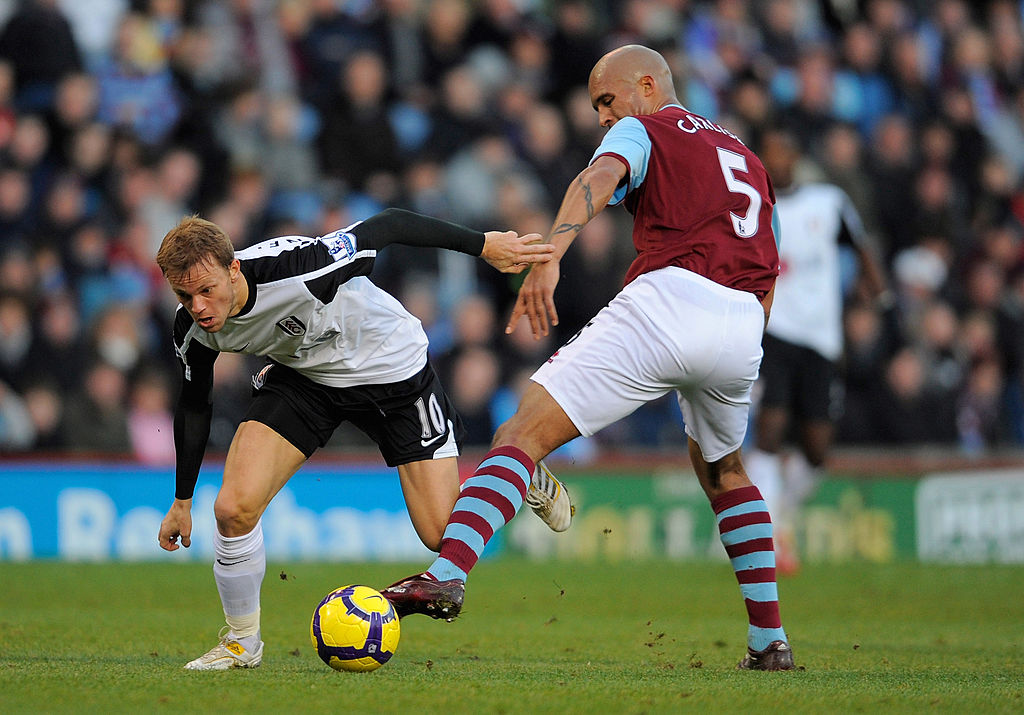
“The surgeon told me that I wouldn't play again. He told me I'd have to walk with a stick," he recalls. "So to be out for 22 months, with all those fears, was horrendous for me.”
For a young man whose identity and future were tied to the game, the injury was more than physical. It set in motion a battle that would last far longer than any rehabilitation programme – the fight for his mental health.
The best features, fun and footballing quizzes, straight to your inbox every week.
“That was the beginning of the mental health struggle, massively," says Carlisle. "Football meant so much to me. It brought me out of the council estate – that socially and economically deprived upbringing. It was making my dreams come true. My career was burgeoning, and then it was just gone in the blink of an eye.”
In the early 2000s, conversations about mental health in football were almost non-existent. Players were expected to “get on with it,” to show strength through silence. Carlisle’s pain, like that of so many of his peers, was invisible – until it wasn’t.
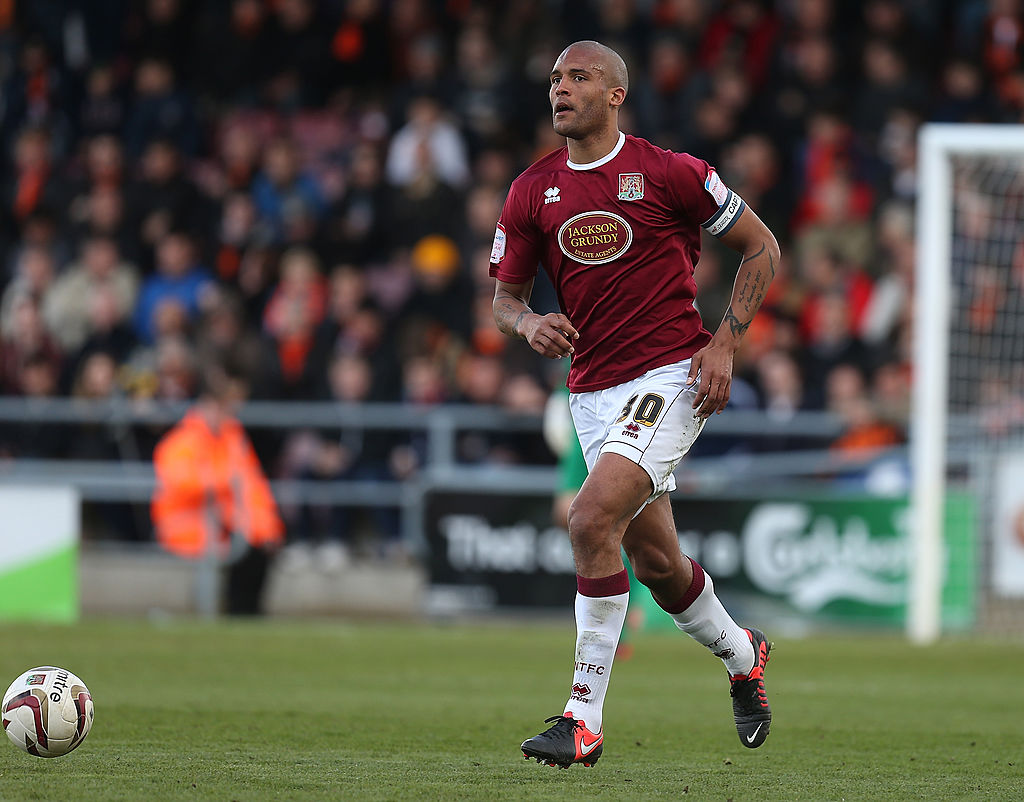
“That was the first time I attempted my own life," he tells FFT. "It was post op, and I was just drinking myself into oblivion in a flat in Acton. Thankfully I was found, I'd taken an overdose, and they pumped my stomach. I survived.”
There was no safety net, no structured support, no intervention. The stigma was suffocating. Carlisle’s near-death experience was dismissed as a one-off, not a symptom of something deeper.
“The thing is, in 2001, that wasn't seen as a cry for help, an entryway into social services or rehabilitation or any kind of wider issue," he explains. "It was more like, ‘Oops, you got away with that one, Clarke, you naughty boy, don't do that again!’ We all just pretended it never happened.”
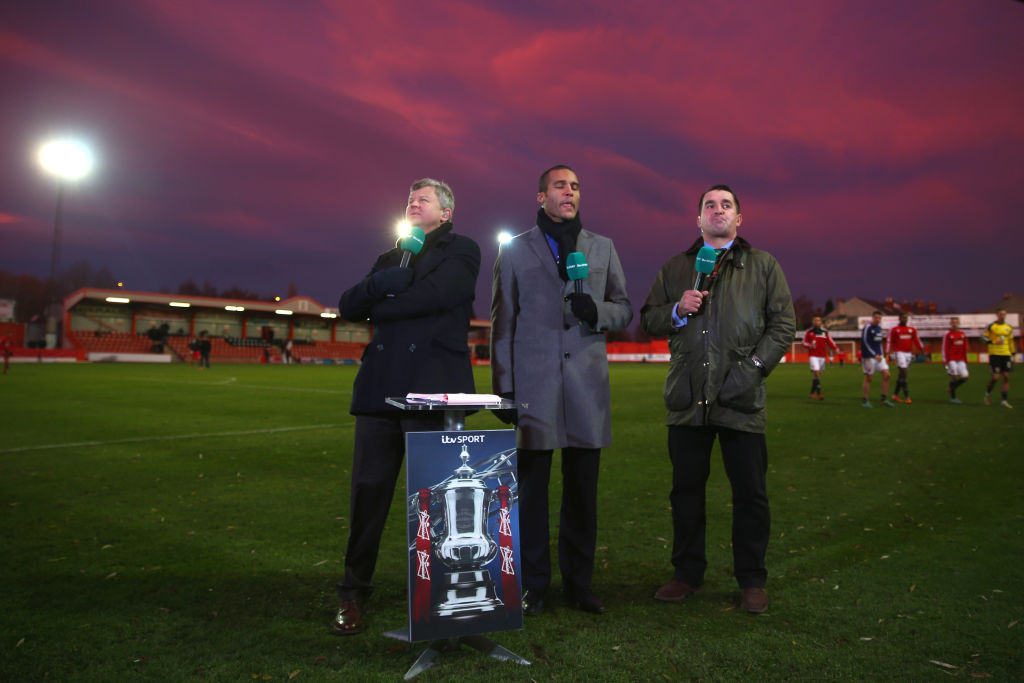
It would be over a decade before Carlisle – who would later become Chairman of the PFA and a prominent advocate for mental health – truly understood the depth of that pain.
Rehabilitation was slow and brutal. Hours in the gym, setbacks, pain, self-doubt. Yet Carlisle clawed his way back. “Physically and mentally, on and off the training pitch, I gave everything for two years to get back to fitness," he says. "And not only that, but I went on to play for another 13 years.”
The comeback was remarkable. Carlisle returned to professional football, enjoying a long career that spanned QPR, Leeds United, Burnley and more. But while the physical scars healed, the mental wounds lingered, often hidden beneath the surface.
“Even though it was the beginning of my adverse mental health, it was still an incredible example of how my application and dedication and determination allowed me to overcome what was, according to the specialists, a career threatening injury.”
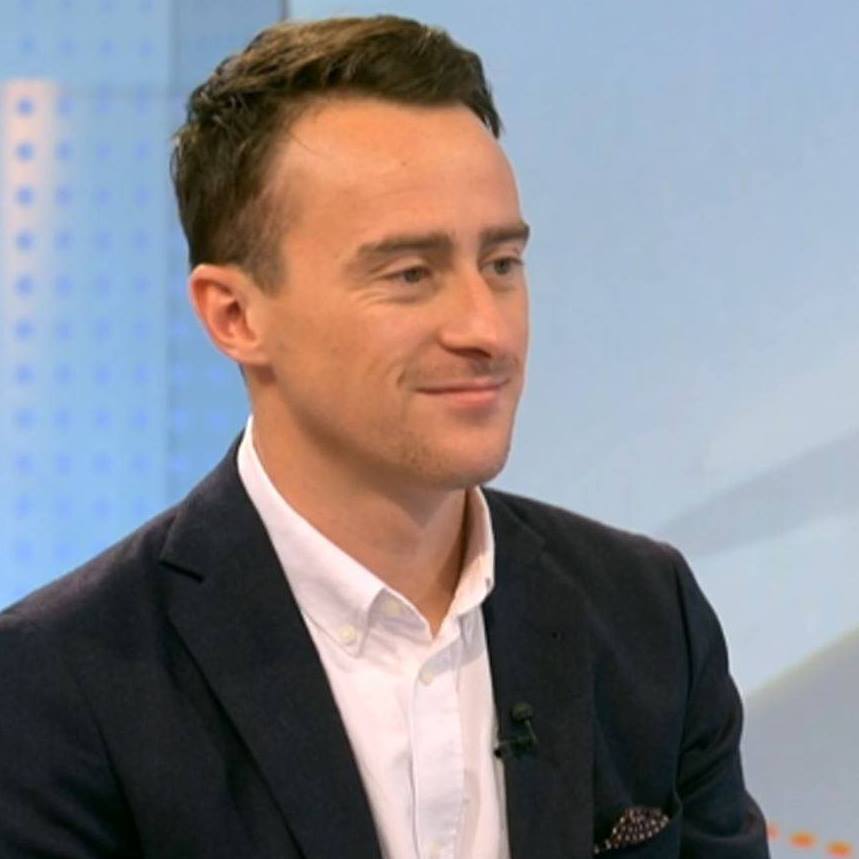
Ed is a staff writer at FourFourTwo, working across the magazine and website. A German speaker, he’s been working as a football reporter in Berlin since 2015, predominantly covering the Bundesliga and Germany's national team. Favourite FFT features include an exclusive interview with Jude Bellingham following the youngster’s move to Borussia Dortmund in 2020, a history of the Berlin Derby since the fall of the Wall and a celebration of Kevin Keegan’s playing career.
You must confirm your public display name before commenting
Please logout and then login again, you will then be prompted to enter your display name.
 Join The Club
Join The Club





